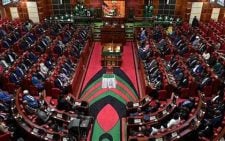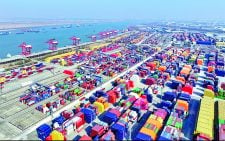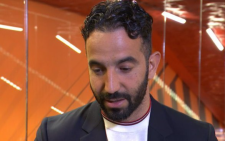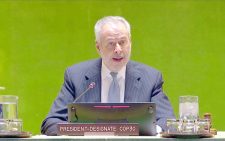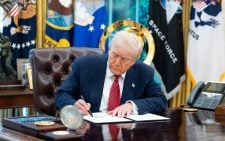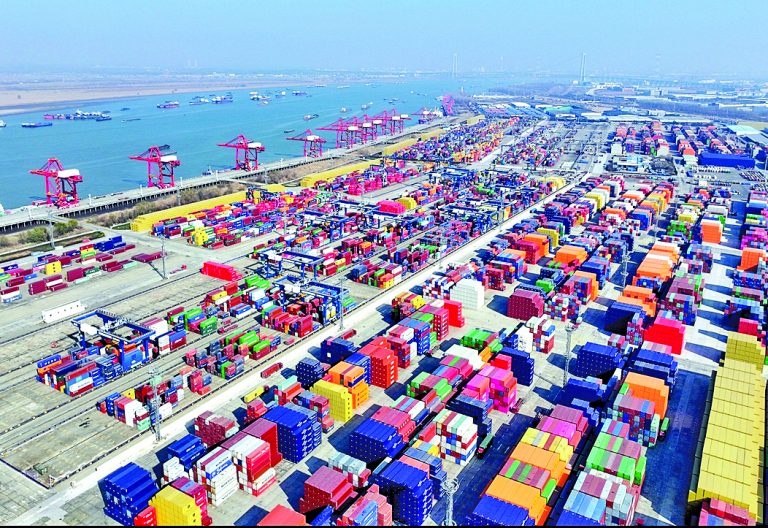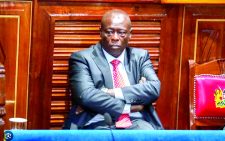Africa creator economy holds promise, challenges
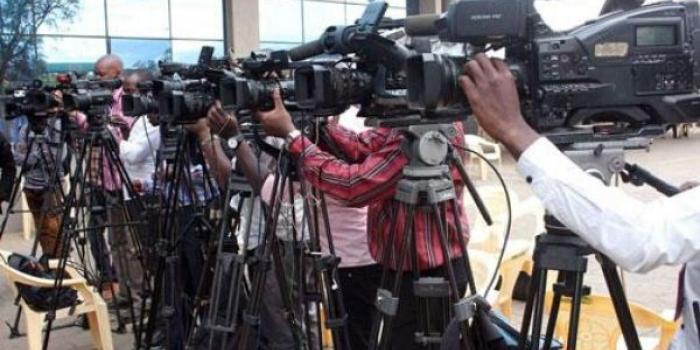
As we approached the turn of the millennium in the 2000s, our world was buzzing with a vibrant sense of community and a thriving manufacturing economy.
Back then, our influencers were movie stars, renowned journalists, politicians. People who were known through radio and television. Brawn always won over brains in factories producing goods.
Traditional media, especially television, held a dominant position, and owning a TV set was a sign of wealth. Television played a significant role in promoting the latest consumer goods and encouraging people to spend to keep up with societal trends. Behind the scenes at the beginning of the millennium, the adoption of the internet was taking the world by storm.
The internet marked a turning point as the world transitioned into the knowledge economy and the dawn of a new economy, the creator economy.
The creator economy is revolutionising the media landscape, creating a more democratised economy where creators can share their work and unique voices. Traditional media and independent artists are being merged through democratisation, leading to a new wave of digital storytellers who connect with audiences through social media and video sharing.
This shift in the media landscape has led to the emergence of a new breed of celebrities. Gone are the days when fame was for television personalities or movie stars.
Today, celebrities are often young individuals who create content on platforms such as Facebook, Instagram, YouTube, and TikTok. These digital influencers have amassed large followings and wield significant influence over their audiences.
The creator economy landscape is developing and transforming the way individuals create, consume, and monetise content in the digital age. According to market analysis, the Africa creator economy market size was valued at $3.08 billion in 2023, with an expected growth to $17.84 billion by 2030.
The shift towards this new economic paradigm is revolutionising industries and empowering individuals with creative talents to cultivate prosperous careers, from social media influencers to online content creators.
As anyone with a smartphone and an internet connection can become a creator, the creator economy has witnessed exponential growth. From TikTok stars to YouTube influencers, creators are redefining how content is produced, consumed, and monetised.
Creators have become powerful influencers, shaping consumer preferences and purchase decisions across various industries. In Kenya, top brands use influencers to promote their products and services. Their ability to authentically promote products and services to their dedicated followers has disrupted traditional advertising models, making influencer marketing a cornerstone of many brands’ strategies.
The emergence of the creator economy in Africa brings with it a unique mix of possibilities and challenges. Global audiences are now a data away.
The digital content creator economy in Kenya has grown to such an extent that comedians have moved from prime TV to their own YouTube shows.
The creator economy holds immense promise for Africa, allowing creators to reach global audiences, generate income, and shape digital narratives. While challenges exist, governments can support and promote the creator economy ecosystem to empower their youth. Addressing issues affecting creators, like challenges with infrastructure and limited connectivity, will help creators reach their potential and engage with a larger audience.
African creators must protect their intellectual property rights to control their content from being infringed upon. The lack of legal frameworks and enforcement procedures is also a significant obstacle for creators in protecting their creative work.
As the creator economy continues to evolve, Africa stands poised to make its mark on the global stage, showcasing the diverse talents and creativity that define the continent’s rich cultural landscape.
— The writer is an Innovations Evangelist and a PhD Candidate; machariamuhoho@gmail.com

